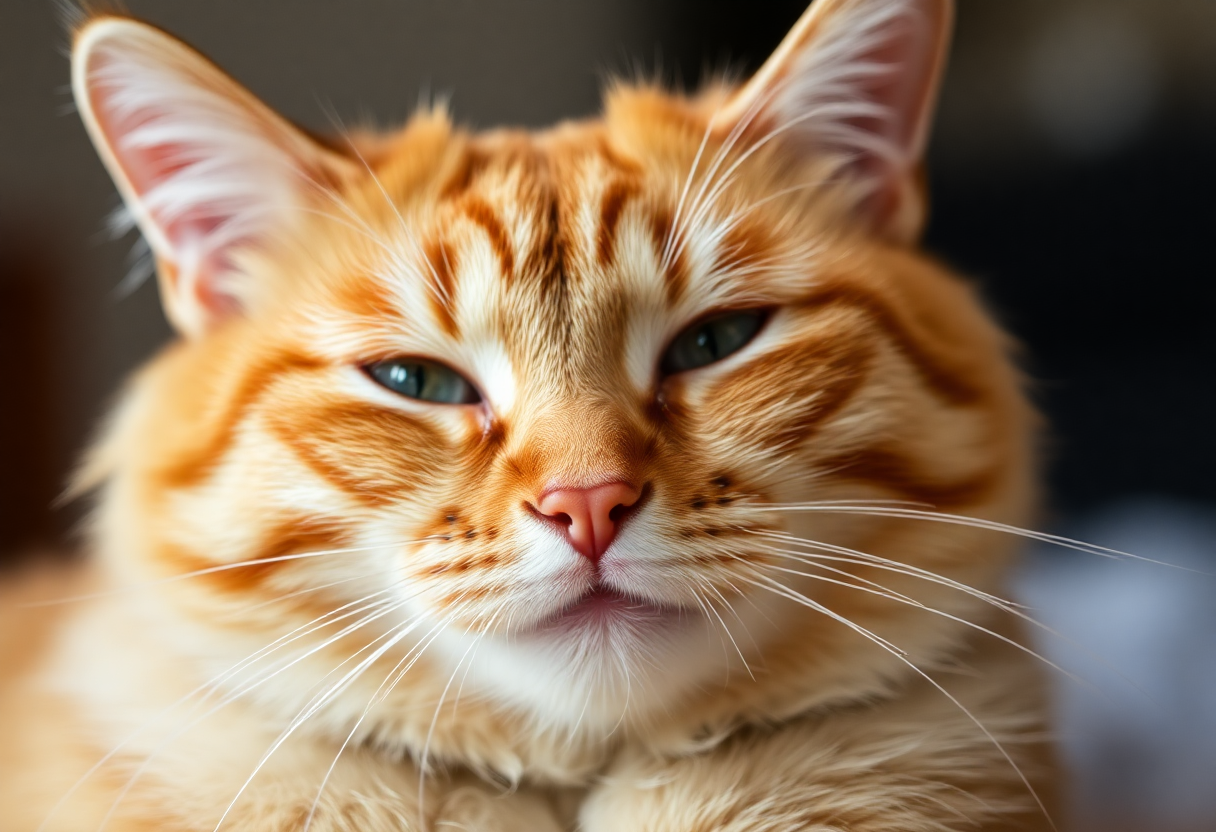Why Do Cats Purr? Understanding the Mystery Behind the Purr
Cats are fascinating creatures, known for their independence, quirky personalities, and of course, their soothing purrs. If you've ever snuggled up with a cat, you know that their purring can bring a sense of calm and comfort. But have you ever wondered why cats purr?

The Basics of Purring
Purring is a unique vocalization that cats make, and it is produced by the rapid contraction and relaxation of their laryngeal muscles. Interestingly, cats can purr both when they inhale and exhale, making it a continuous sound. While we often associate purring with contentment, it can signify a range of emotions and motivations.
Contentment and Relaxation
One of the most common reasons cats purr is to express happiness and contentment. When a cat is being petted, cuddled, or enjoying a sunny spot by the window, you might hear that familiar rumbling sound. This type of purring often occurs when the cat feels safe and relaxed, indicating that everything is right in its world.
Communication with Humans and Other Cats
Cats can also use purring as a form of communication. Kittens begin to purr when they are just a few days old, and this helps them signal to their mother that they are nursing and content. As they grow, cats continue to use purring to communicate with both humans and other cats. It can serve as a way to express their needs, whether it's a request for food or attention.
Healing and Stress Relief
Interestingly, research suggests that purring might have therapeutic effects. The frequency of a cat's purr (between 25 and 150 Hertz) has been linked to promoting healing in bones and tissues. This frequency range can help reduce pain and inflammation, making purring a natural form of stress relief for cats themselves. It's not just a soothing sound for us; it may also be beneficial for the cat!
Fear and Discomfort
While many people assume that purring only indicates happiness, it can also be a sign of distress or fear. Cats may purr when they are in pain, frightened, or feeling unwell. In these cases, the purring may be an attempt to self-soothe or to signal to their owners that they need help. Observing a cat’s body language in conjunction with its purring can provide valuable insights into its emotional state.
Conclusion
So, why do cats purr? The answer is multifaceted. Whether it’s a sign of happiness, a means of communication, or a self-soothing mechanism, purring plays a vital role in a cat's life. Understanding the nuances of this behavior not only enriches our knowledge about our feline friends but also deepens the bond we share with them. Next time your cat curls up beside you and starts to purr, take a moment to appreciate the complexity of that sound—it’s more than just a pleasant noise; it’s a language all its own.